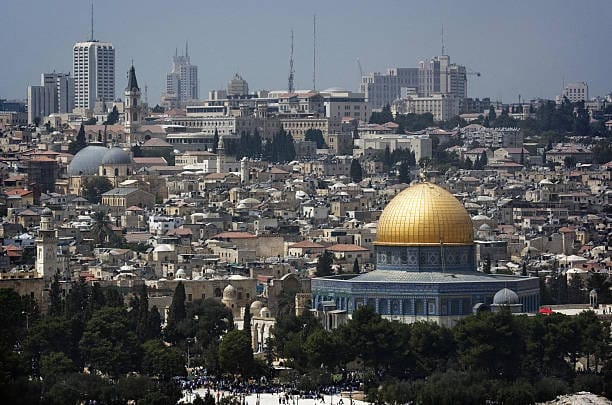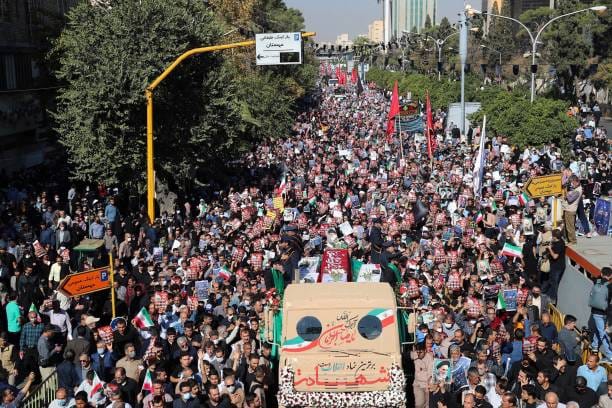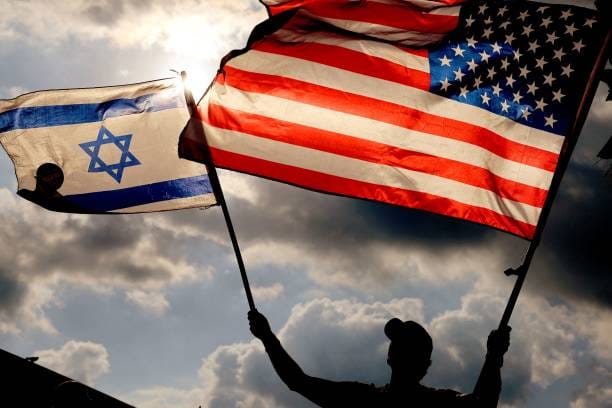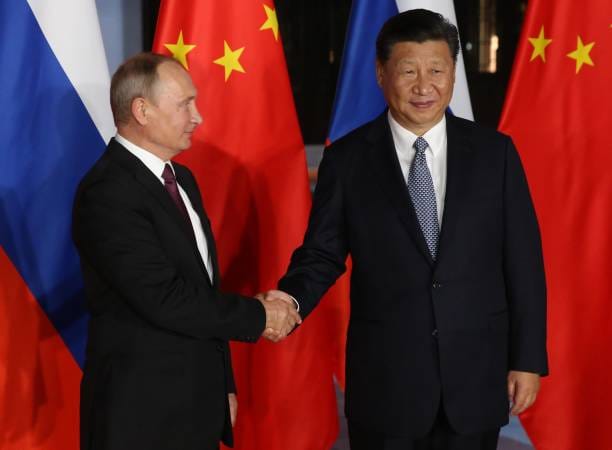No War in Jerusalem Despite Ramadan's Expectations

The holy month of Ramadan concluded in Jerusalem without the anticipated escalation of conflict, despite the backdrop of ongoing strife in Gaza and the charged political rhetoric from both Hamas and international leaders.
As the month of Ramadan approached, tensions were high with the international community closely monitoring the situation for any signs of spillover from the Gaza war into Jerusalem. Hamas leader Ismail Haniyeh had called for Palestinians to march to Al-Aqsa on the first day of Ramadan, a move that many feared would ignite further violence. Meanwhile, U.S. President Joe Biden expressed concerns that the war could intensify if it continued through the holy month, potentially leading to a dangerous situation in Jerusalem.
However, contrary to these fears, Jerusalem experienced one of its most peaceful Ramadans in recent memory. The expected confrontations did not materialize, and the Al-Aqsa Mosque compound, often a flashpoint for violence, remained a place of worship and reflection.
Officials and analysts have attributed this unexpected calm to several factors. Firstly, there appears to be a less active support for Hamas among Palestinians than initially assumed. Secondly, the influence of far-right National Security Minister Itamar Ben Gvir was reportedly limited during the security preparations for Ramadan. Lastly, Jordan's role in fostering stability at the Temple Mount has been highlighted as a significant contributing factor.
The peaceful conclusion of Ramadan in Jerusalem stands in stark contrast to the situation in Gaza, where the conflict continues. This divergence underscores the complexity of the region's political landscape and the unpredictability of its future.
As the world looks on, the calm in Jerusalem serves as a reminder of the potential for peace even amidst turmoil. It also raises questions about the effectiveness of calls to violence and the role of international diplomacy in such complex conflicts. This development may also reflect a broader desire for peace and stability among the residents of Jerusalem, who, despite the calls for agitation, chose to focus on the spiritual significance of Ramadan.



